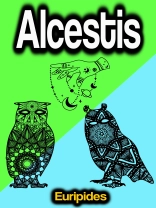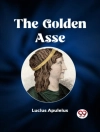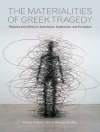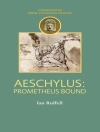Alcestis Euripides – Alcestis is one of Euripides’ richest and most brilliant – as well as most controversial – plays. But, apart from D. J. Conacher’s student text, no annotated edition in English has appeared for more than fifty years. The present work is designed to aid close reading and to serve as an introduction to the serious study of the play in its various aspects. The introduction covers the background to the story in myth and folktale, its treatment by other writersfrom antiquity to the present, the critical reception of Euripides’ play, and its textual transmission and metres. The notes are designed in particular to help readers who have been learning Greek for a relatively short time. More advanced matter, such as discussion of textual problems.
Sobre el autor
Euripides (Ancient Greek: ) (ca. 480 BC406 BC) was the last of the three great tragedians of classical Athens (the other two being Aeschylus and Sophocles). Ancient scholars thought that Euripides had written ninety-five plays, although four of those were probably written by Critias. Eighteen of Euripides’ plays have survived complete. It is now widely believed that what was thought to be a nineteenth, Rhesus, was probably not by Euripides. Fragments, some substantial, of most of the other plays also survive. More of his plays have survived than those of Aeschylus and Sophocles together, partly because of the chance preservation of a manuscript that was probably part of a complete collection of his works in alphabetical order.












